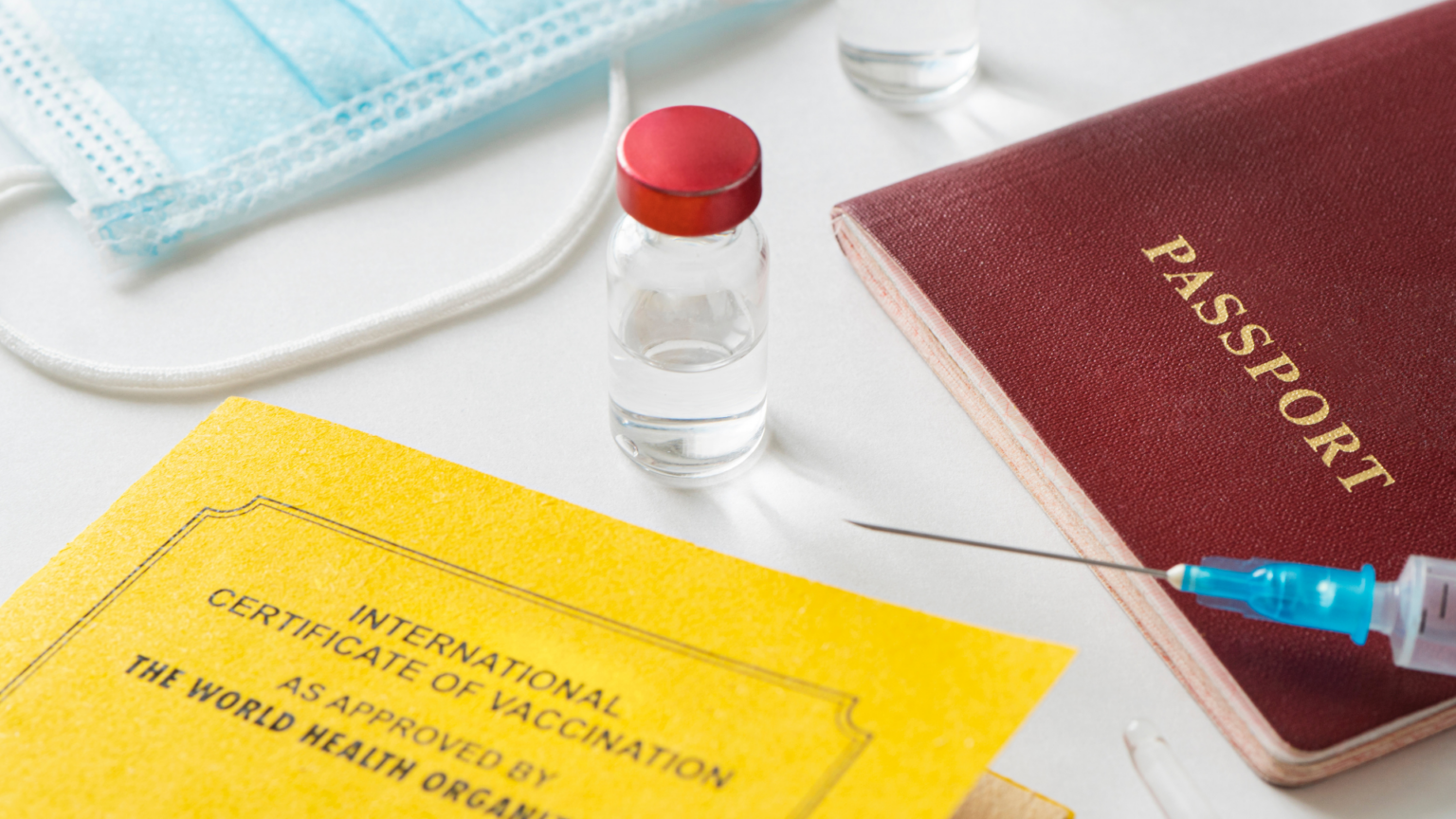Traveling internationally opens up the opportunity to experience new cultures, environments, and adventures. However, with new experiences come new health risks, especially when visiting regions where certain diseases are prevalent. One of the most important steps in preparing for international travel is ensuring that you are protected through the right vaccinations. In this blog, we’ll explore the essential travel vaccines you should consider before your next adventure.
Why Are Travel Vaccines Important?
Travel vaccines play a crucial role in protecting you from diseases that may be common in other parts of the world but rare in your home country. These vaccines not only safeguard your health but also help prevent the spread of contagious diseases from one country to another. Some countries even require proof of certain vaccinations before entry, so it’s essential to plan ahead and understand what’s needed for your destination. At Family Clinics, we support GPs who provide travel health advice and vaccinations to ensure you’re well-prepared for your international journey. The team of independent consulting GPs can guide you in selecting the vaccines required for your destination and offer personalized travel health consultations.
Common Travel Vaccines
- Hepatitis A & B: Hepatitis A and B are viral infections that affect the liver. Hepatitis A is contracted through contaminated food or water, while Hepatitis B is spread through bodily fluids. If you’re traveling to regions where Hepatitis B is common, getting vaccinated can protect you from both types.
- Typhoid Fever: Typhoid fever is another disease transmitted through contaminated food and water. It’s especially common in South Asia, parts of Africa, and Latin America. The vaccine for typhoid fever is recommended for travelers going to areas where the disease is widespread.
- Yellow Fever: Yellow fever is a viral illness transmitted by mosquitoes. If you’re traveling to sub-Saharan Africa or parts of South America, the yellow fever vaccine is often required. Some countries even demand proof of vaccination as a condition of entry, so be sure to check the regulations ahead of time.
- Malaria: While not a vaccine, taking preventive medication for malaria is essential when traveling to regions where malaria is common. Malaria is spread by mosquito bites and is found in tropical and subtropical areas, including parts of Africa, Asia, and South America. Consult your healthcare provider to find the best anti-malaria medication for your trip.
- Diphtheria, Tetanus, and Pertussis (DTaP): These vaccines are important for everyone, but they become particularly relevant when traveling to areas with poor healthcare infrastructure. Diphtheria, tetanus, and pertussis are bacterial infections that can cause severe illness. The DTaP vaccine provides protection against all three diseases.
- Polio: Although polio has been eradicated in many parts of the world, it remains a risk in some countries. Polio is a highly infectious viral disease that can cause paralysis. If you’re traveling to areas where polio is still endemic, make sure you’re up to date with your polio vaccine.
- Meningitis: Meningitis is a bacterial infection that affects the membranes surrounding the brain and spinal cord. It’s most common in sub-Saharan Africa and parts of Asia. The meningitis vaccine is recommended for travelers to these regions, especially those planning to visit during the “meningitis belt” season (December to June).
- Rabies: Rabies is a viral infection that can be transmitted through the bite of an infected animal. It’s most common in parts of Africa, Asia, and Latin America. While the rabies vaccine is not required for most travelers, it’s strongly recommended if you’ll be spending a lot of time outdoors or in rural areas where exposure to animals is likely.
When Should You Get Vaccinated?
Timing is key when it comes to vaccinations. Many vaccines require multiple doses or take time to become effective, so it’s essential to start your vaccination process well in advance of your trip. Ideally, you should visit a travel health clinic or your doctor at least 4-6 weeks before departure to ensure you have enough time to receive the necessary vaccines.
At Family Clinics, team of independent GPs can assist you in scheduling your vaccinations ahead of time, ensuring you receive the protection you need well before your trip.
How to Find Out Which Vaccines You Need
The vaccines you’ll need depend on the destination, the activities you plan to do, and your health history. It’s recommended to consult a healthcare provider or a travel health clinic, as they can provide personalized advice based on your specific travel plans. They will also have the most up-to-date information on vaccination requirements for specific countries. Experienced GPs consulting from Family Clinics can help you determine which vaccines are necessary for your travel destination. We ensure you are fully prepared and protected before you leave.
Additional Tips for Safe Travel
Bring a copy of your vaccination records: Some countries require proof of vaccination, especially for yellow fever. Carry a copy of your vaccination records with you, and consider having it translated if necessary.
Stay protected from mosquito-borne diseases: In addition to vaccines, make sure to take other preventive measures, such as using insect repellent, wearing long-sleeved clothing, and sleeping under mosquito nets in high-risk areas.
Maintain hygiene: Practice good hygiene by washing your hands regularly and avoiding unclean food and water. This can help prevent many travel-related illnesses.
Let’s tie it all together
Before embarking on your next international journey, it’s essential to be well-prepared. Travel vaccines are a simple yet effective way to protect yourself from a range of infectious diseases, ensuring that your trip is safe and enjoyable. Always consult with a healthcare provider well in advance of your trip to discuss the vaccines you may need based on your destination and activities. By taking the right precautions, you can focus on enjoying the adventure ahead without worrying about your health. Safe travels!
If you’re located in Melbourne and need tailored advice or assistance with vaccinations, experienced independent GPs at Family Clinics are here to help. Contact our Armadale and Caulfield South clinics for expert travel health consultations and vaccinations.









